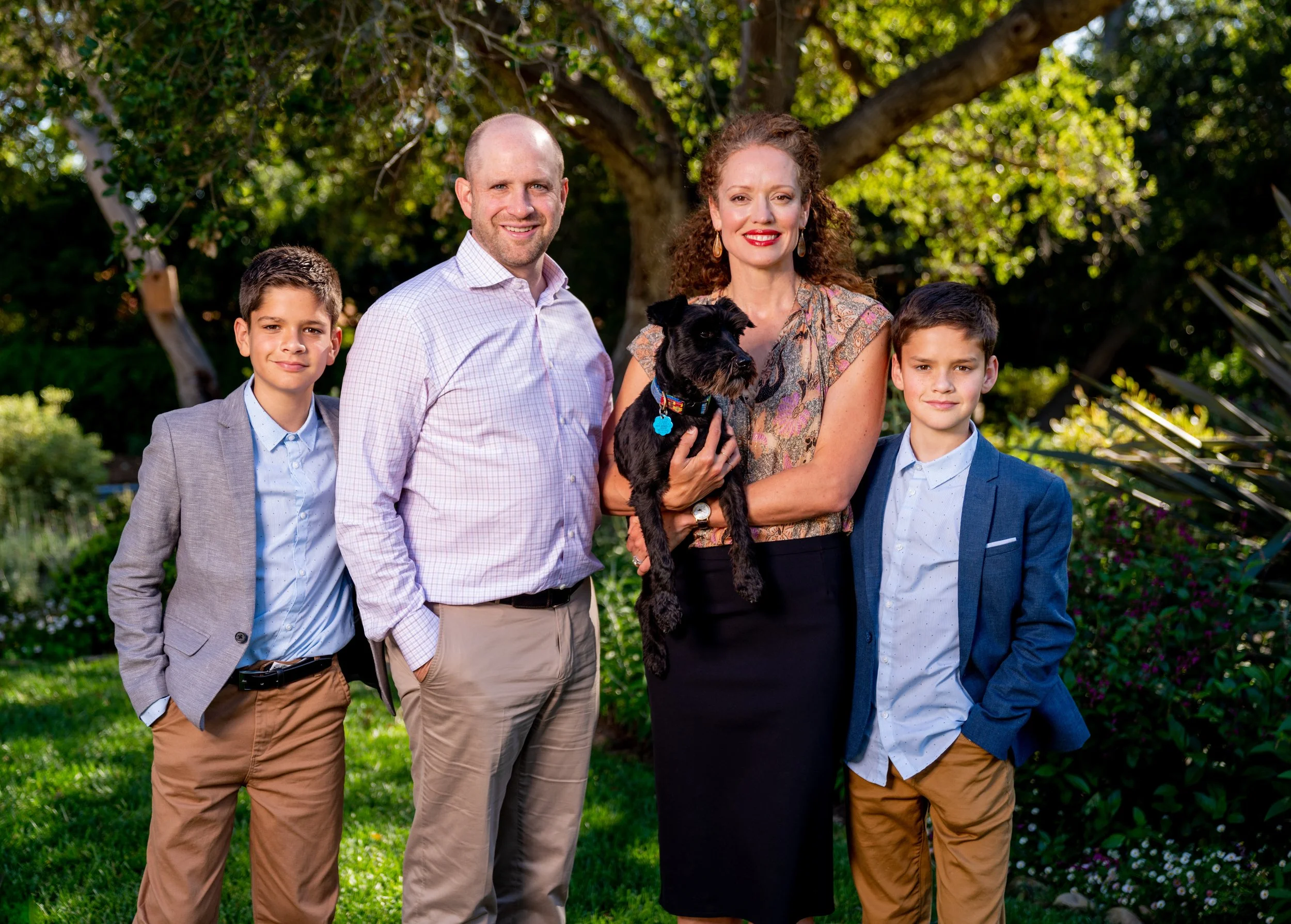Parenting in the Gray: Navigating the Uncertainty of RUNX1-FPD
By Monica Hope-Jones Babich
When your child is diagnosed with a rare genetic disorder like RUNX1-FPD, you don’t just receive a clinical label—you enter a lifelong negotiation with uncertainty. You go from being a parent to also becoming an advocate, and in many ways, an interpreter—reading between the lines of emerging science, evolving guidelines, your child’s day-to-day experience, and your gut instinct. I know because I’ve been there…I am there.
When we founded the RUNX1 Research Program, our goal was to bring clarity, progress, and hope to families like ours. Nearly a decade later, we’ve made meaningful strides. We’ve helped fund critical research, supported clinical collaborations, and grown a community that no longer feels so alone. But the truth is, we’re still very much in the early chapters of this story. There is still so much we don’t know, and as parents, we live in that in-between space every day.
One of the most striking things I’ve noticed, especially in conversations with other families, is just how varied the lived experience of RUNX1-FPD patients can be. It shows up differently in each person, even within the same family.
There are differences in platelet counts, in bleeding symptoms, and even in how the mutation affects day-to-day life. There are families with long histories of leukemia and others who’ve never seen a malignancy. While some lucky people live with mild symptoms into old age, others have faced significant complications in childhood or adolescence.
I had always assumed that, in families like ours with a strong history of blood cancer, we could look to the age of onset in previous generations and draw some conclusions about what to expect for the next. But we’re learning that even that can’t be relied upon. The truth is, there are no guarantees. The variability is real, likely influenced by epigenetics and other factors we don’t yet fully understand.
To complicate things further, because RUNX1-FPD is so rare, and the patient population so small and geographically scattered, the local medical advice we receive is often inconsistent.
One hematologist might recommend regular bone marrow biopsies and quarterly CBC’s. Another might advise minimal surveillance and reassurance. And both could be acting on good faith, backed by different training, philosophies, or experiences.
There is yet no standardized care protocol for RUNX1-FPD, although RRP is actively working towards building and sharing a framework (and I’d like to hope consistency has improved a great deal thanks to our efforts).
And so, as parents, we are often left to make judgment calls with less-than-perfect information. Some of us choose regular check-ups, blood tests, and proactive monitoring for our kids. Others focus on preserving a sense of normalcy by being more hands-off, especially when a child is asymptomatic.
These are not just medical decisions—they are deeply emotional ones. And neither approach is inherently wrong. Fortunately, there’s a whole lot of room in the middle there, too.
Speaking with some fellow parents of RUNX1-FPD children recently, I heard voices on both sides of the spectrum. As a mother of a RUNX1-FPD teenager, I have lived both of these instincts. I know the temptation to protect your child and to feel you’ve done everything versus the desire to let them live freely, without the shadow of illness.
What I’ve learned (and, boy, has this been a life lesson) is that there is no perfect balance. Only the balance that works for your child, your family, and the evolving understanding of risk. Parenting a child with RUNX1-FPD is living with that uncertainty.
To the other parents walking this road: I see you. Whether you’re on one end of the spectrum or the other, your decisions are valid and there’s room for all of us here. Your fears, your hopes, your weariness, and your courage all belong here. I like to think of our RUNX1 community as a group grounded in empathy and respect for each other.
We don’t have all the answers yet, but we’re searching together, and we’ll get there.
About the Author
Monica Hope-Jones Babich is the Co-Founder and Director of the RUNX1 Research Program. A writer, artist, and rare disease advocate, she and her husband, Tim, founded the organization after their own family’s experience with RUNX1-FPD highlighted the urgent need for greater awareness and support. She holds a master’s degree in Art History from The Courtauld Institute of Art, University of London, and has a background in English, communication, and design. Through storytelling, art, and advocacy, she works to build understanding and drive meaningful change for families living with rare genetic conditions.



